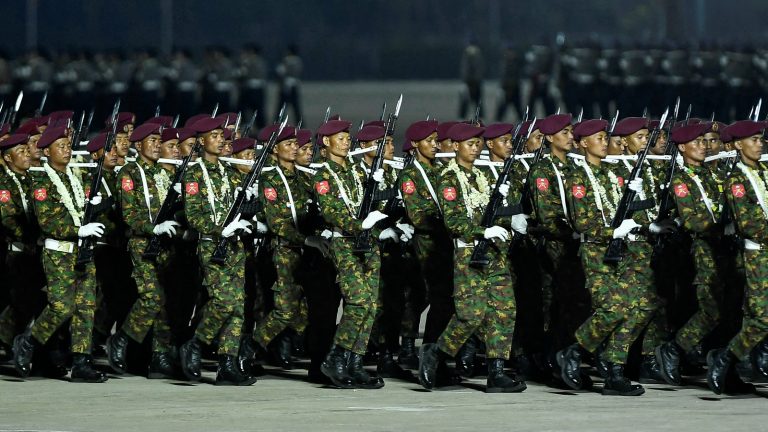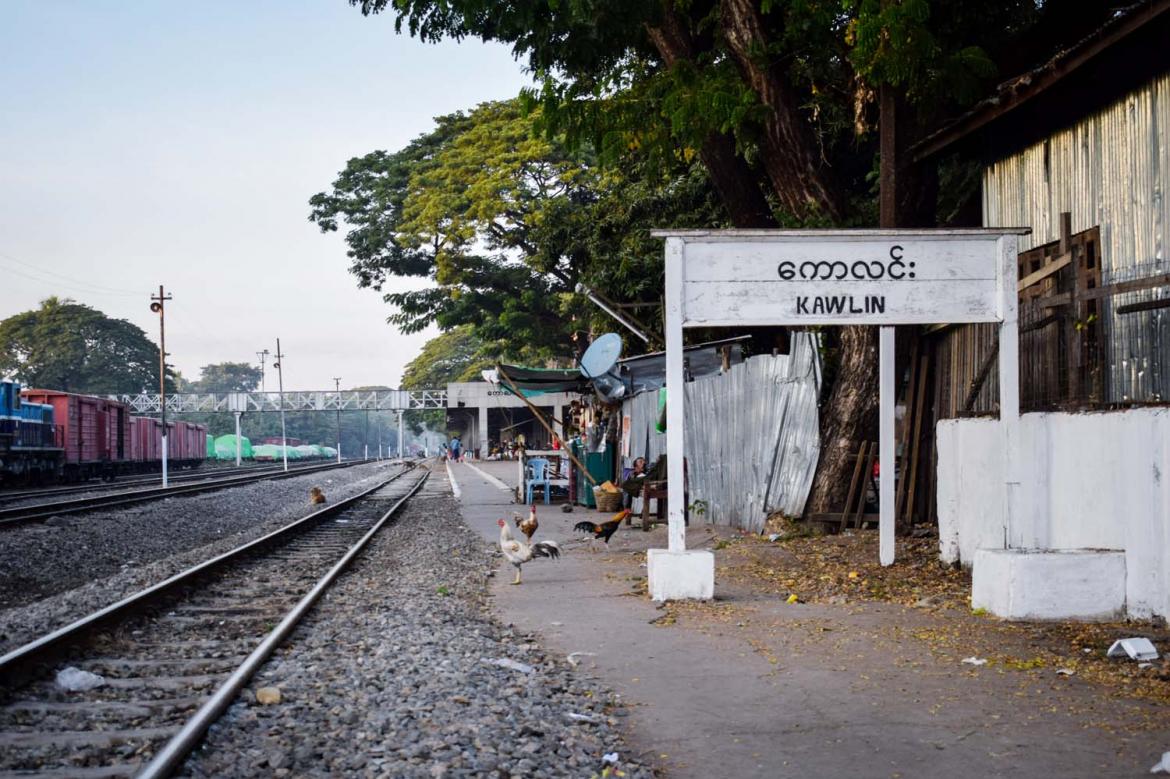The National League for Democracy needs to urgently decide what role it wants to play in the peace process.
It is almost a certainty that the National League for Democracy has secured a landslide election victory, giving it the power to nominate the president and form the next government. If the transition goes smoothly, an NLD-dominated parliament will convene at the end of March to choose the next president who will appoint the government. But the country’s peace process cannot wait until then. The situation requires the NLD’s immediate involvement. How should the NLD be involved in the peace process?
Soon after the NLD’s victory, the eight ethnic armed groups that signed the national ceasefire agreement in October congratulated the party and requested a meeting with its leader, Daw Aung San Suu Kyi. Other armed ethnic groups that declined to sign the ceasefire, such as the United Wa State Army and the Kachin Independence Army, congratulated the NLD and said they wanted to work with it to achieve peace. The three groups not allowed by the government to sign the agreement – the Arakan Army, Myanmar National Democratic Alliance Army and Ta’ang National Liberation Army – said they would cooperate with the NLD to form a federal Union.
These developments have coincided with fresh outbreaks of fighting in Kachin and Shan states. The Tatmadaw has clashed with the KIA at Mohnyin in Kachin State and with the Shan State Army-North at Wanhai in Shan State. Thousands of people have been forced from their homes. Elsewhere, the government has been implementing the national ceasefire agreement with the other eight signatories. The NLD needs to make some important decisions.
Firstly, the NLD must be involved in negotiations between the government and the eight armed ethnic that signed the ceasefire. The terms of the ceasefire accord provide for a total of 48 delegates – 16 each from the government, the Tatmadaw, and the ethnic armed groups and political parties – to discuss a draft framework for political dialogue.
As the party with the most seats in parliament, the NLD can take responsibility for choosing the representatives from political parties to participate in the framework talks. There is a time limit for drafting the framework so the NLD will need to decide quickly if it wants to be involved. If a number of NLD representatives take part in the process it will help to lay a better foundation for the future political dialogue.
Support more independent journalism like this. Sign up to be a Frontier member.
Secondly, the NLD needs to have a clear understanding of the difference between the policies of the government and the armed ethnic groups. The national ceasefire agreement was achieved through lengthy, detailed negotiations among the government, Tatmadaw and armed ethnic groups. The terms of the accord have not been disputed, and this needs to be recognised by the NLD. The party also needs to show sensitivity over the three groups that were excluded by the government from signing the ceasefire. The NLD needs to understand the nature of this problem and act as a mediator between the Tatmadaw and the three groups.
The fighting taking place in Kachin and Shan states as talks begin on the framework for political dialogue makes it imperative for the NLD to quickly decide on the role it will play in the national effort to achieve peace.






